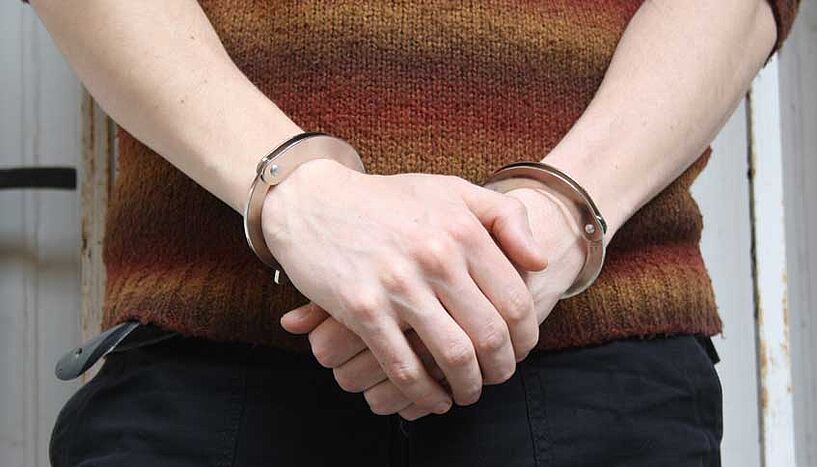Not Convicted, but Presumed Guilty
28. September 2017
A new EU project examines the portrayal of suspects in the media (Copyright: HHC).
New EU Project Examines Portrayal of Suspects in the Media
How deeply anchored is the presumption of innocence in Europe? How are people accused of a crime portrayed in public, in the courtroom, and in the media? These are all questions at the heart of a new EU project on which communication scientist Katharine Sarikakis, head of the University of Vienna’s Media Governance & Industries Research Lab, will be working.
Over the coming two years, under the leadership of the Hungarian Helsinki Committee (HCC), various international partners and the University of Vienna will work together to promote the correct implementation of EU-Directive 2016/343, by augmenting awareness of the concept of the presumption of innocence.
"We will develop good practice guidelines for media professionals, and will try to sensitise the authorities, journalists and the public, with regard to the importance of the portrayal of accused persons," Katharine Sarikakis said.
She added: "This project will benefit many of the roughly eight million people who become suspects every year in the European Union, by promoting greater respect, especially by the media, for the presumption of innocence – a cornerstone of any democratic justice system."
According to EU law, Member States shall ensure that suspects and accused persons are not presented as being guilty, in court or in public through the use of measures of physical restraint such as handcuffs, glass boxes, cages and leg irons.
The project, titled "The importance of appearances: How suspects and accused persons are presented in the courtroom, in public and in the media" is funded by the European Union’s Justice Programme (2014-2020) will involve international comparative analysis, as well as a pilot sociological survey and national court reports. The creation of a good practices database and toolkits for courts and journalists will advance awareness of the issue.
In addition to the University of Vienna, further HHC partners for the project include: Aditus, Fair Trials Europe, Human Rights House Zagreb, Mérték, and Rights International Spain.
The Media Governance and Industries Research Lab, established in 2011, studies the processes of and challenges posed by governance of communication processes and the media in relation to Democracy, Citizenship and Human Rights.
The HHC is an NGO founded in 1989 with the aim of monitoring the enforcement of rights enshrined in international human rights instruments, providing legal defence to victims of abuses and informing the public about violations.
Further information: http://mediagovernance.univie.ac.at/research/ser
Media Governance & Industries Research Lab at the University of Vienna: http://mediagovernance.univie.ac.at/
Wissenschaftlicher Kontakt
Univ.-Prof. Dr. Katherine Sarikakis
Institut für Publizistik- und KommunikationswissenschaftUniversität Wien
1090 - Wien, Währinger Straße 29
+43-1-4277-493 94
+43-664-602 77-493 94
katherine.sarikakis@univie.ac.at
Rückfragehinweis
Mag. Alexandra Frey
Media Relations ManagerUniversität Wien
1010 - Wien, Universitätsring 1
+43-1-4277-17533
+43-664-8175675
alexandra.frey@univie.ac.at
Downloads:
Beschuldige_Sarikakis.jpg
Dateigröße: 1,06 MB
